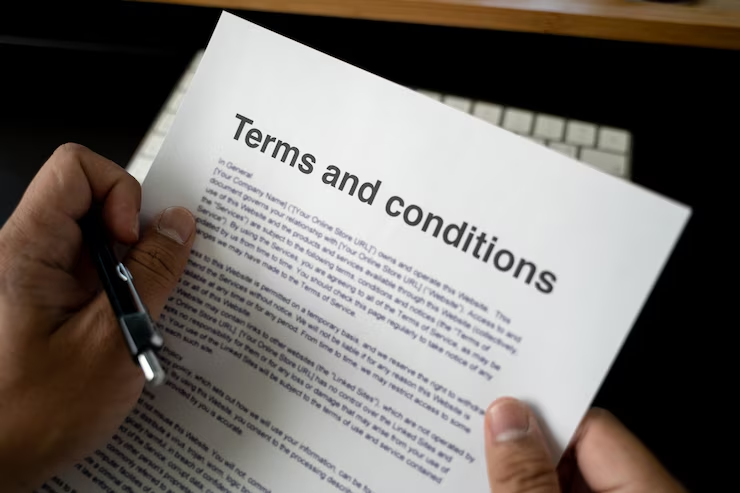Common NDA Pitfalls: Guarding Your Business Agreements
By Kerstan Hubbs • 09/17/2025
Why NDAs Matter: Protecting Your Business
In the fast-paced world of business, safeguarding your proprietary information and nurturing valuable relationships is crucial. Non-Disclosure Agreements (NDAs) serve as powerful tools in this endeavor, offering a legal framework to protect confidential information. Yet, despite their importance, NDAs can fall short if not carefully crafted. It's easy to grab a template in haste or overlook the finer details when sealing deals quickly. Many professionals assume an NDA covers all bases—until an issue arises, revealing the cracks in their agreements.
The Dangers of Overly Broad Language
One common misstep with NDAs is using vague or overly broad language, especially in defining what constitutes "confidential information." When terms are unclear or excessively sweeping, enforcement becomes a legal quagmire. Courts tend to reject NDAs that aren't specific enough. Clarity and precision in the definitions can mean the difference between a solid agreement and a void commitment.
Jurisdiction Issues: Specifying Legal Grounds
Another pitfall involves failing to specify the jurisdiction that governs the NDA. This is particularly critical when parties are situated in different states or countries. If an NDA is silent on which legal framework applies, it risks becoming unenforceable and leaving parties vulnerable across different legal landscapes.
Time Limits: Setting Realistic Boundaries
An often-overlooked area is the time frame of NDAs. Remember, they do not last indefinitely. Once the agreed term concludes, so does the protection. Define a realistic time limit based on the nature and sensitivity of the information shared. Consider renewing terms if necessary to ensure continuous protection.
Understanding Unrealistic Expectations
It's vital to recognize what NDAs can and can't do. They are not foolproof tools that prevent all disclosures, especially in cases involving illegal acts or matters of public safety. Relying on NDAs to blanket all secrets can lead to serious setbacks.
The Perils of Using NDAs for Silencing
Overusing NDAs as a mechanism to silence whistleblowers or cover up wrongdoing can massively backfire, destroying a company's reputation and inviting public backlash. Stay ethical in their use to maintain trust and credibility.
Avoiding Confusion with Too Many Versions
With multiple NDAs in play, inconsistency can become a huge liability. Different vendors and partners might inadvertently end up under different agreements leading to confusion and potential legal issues. Standardizing these agreements and tracking their use is key to mitigating this risk.
NDAs are undeniably invaluable in your business strategy for protecting information. However, they are not an all-encompassing solution. They should form part of a broader, well-thought-out approach to confidentiality management. Consulting with a legal expert can help avoid costly oversights and ensure that your NDAs are robust, enforceable, and tailored to your specific needs.

